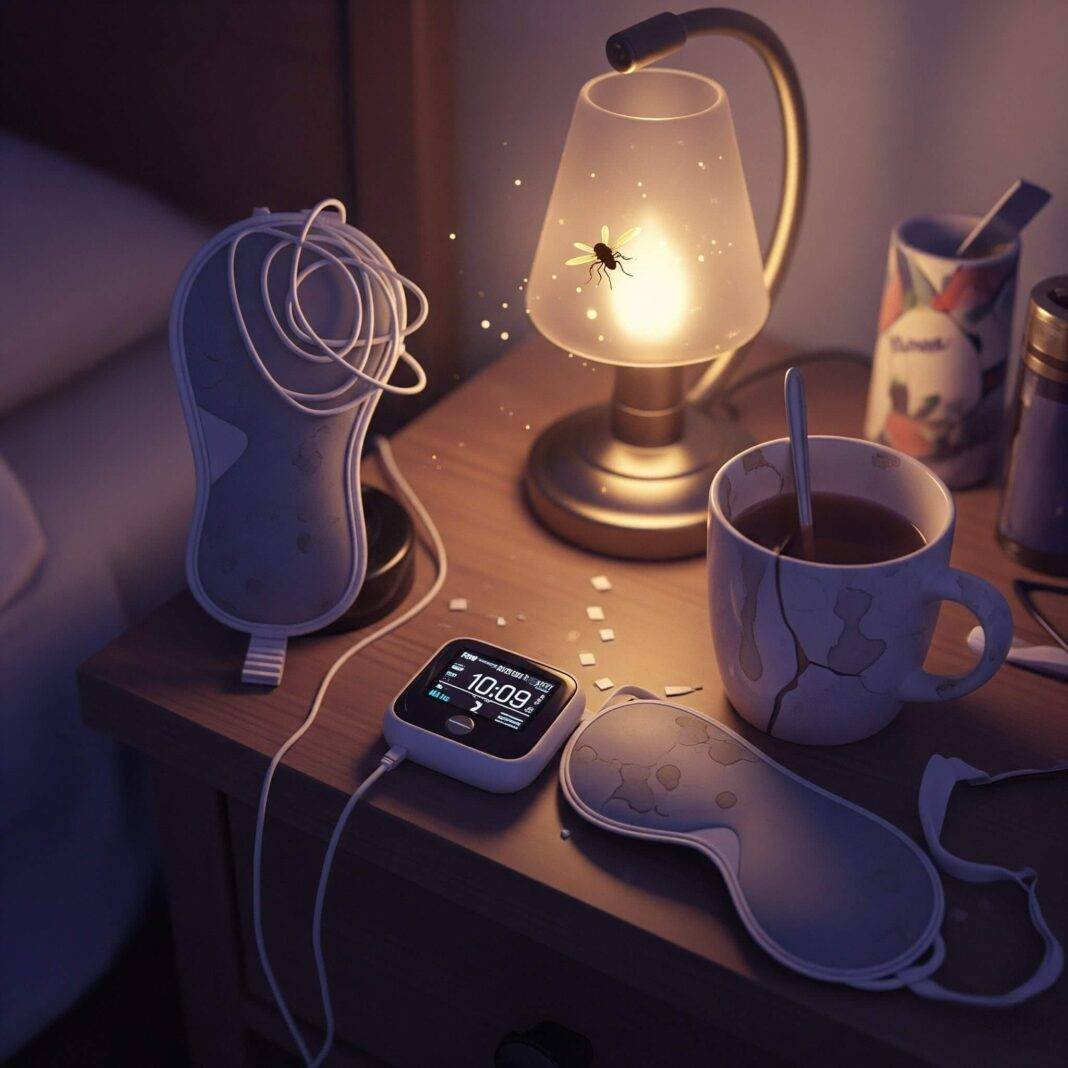Why Sleep Disorders and Mental Health Are My Personal Nightmare
So, I’ve been fighting sleep issues for, like, forever—okay, maybe just a year, but it feels like forever. I’d lie in bed, my lumpy mattress squeaking, thinking, “Why can’t I just pass out like a normal human?” My insomnia was legit tanking my mental health—grumpy vibes, foggy brain, and me yelling at my cat for no reason. I started searching “sleep disorders and mental health” and found out it’s a thing, but it still felt like I was the only one losing it. The National Sleep Foundation has some dope info on how sleep and mental health are tied—should’ve read it before I started chugging coffee to stay awake.
Here’s what I’ve figured out, mostly by screwing it up:
- Insomnia makes you a jerk. I snapped at my roommate over a dirty plate, then felt like trash about it.
- Sleep trackers can stress you out more. Mine kept saying “bad sleep,” like I didn’t already know.
- No sleep, no chill. My anxiety was like, “Hey, let’s overthink EVERYTHING at 2 a.m.”
My Cringiest Sleep Disorder Moment
Real talk? I legit dozed off in a coffee shop last week, face-planting into my latte because my restless legs syndrome kept me up all night, my legs twitching like they were possessed. Woke up with foam on my chin and the barista giving me side-eye. Sleep disorders and mental health don’t just mess with your nights—they make you a public embarrassment. Mayo Clinic’s sleep disorders page helped me get why my legs were freaking out—wish I’d checked it out sooner.

How to Survive Sleep Disorders and Mental Health Chaos
Alright, let’s talk about dealing with sleep disorders and mental health without losing your mind—well, more than I already have. I’m no expert—my expertise is in bad late-night snacks and regret—but I’m sipping cold coffee, staring at my messy bedroom, and thinking about what’s helped. Here’s my take, mistakes and all.
- Stick to a routine. I started hitting the bed same time every night, even if I just stare at the ceiling. It’s kinda working.
- Ditch the phone. I used to doomscroll X till 3 a.m., and it made my insomnia worse. Harvard Health says blue light’s a sleep killer—yep, learned that the hard way.
- Get help. I was too stubborn to talk to a therapist, but it’s been a game-changer for my brain and sleep.
Don’t Be Like Me, Ignoring Sleep Issues
Man, I thought I could just “power through” sleep disorders and mental health problems, like some kinda tough guy. Big mistake. I ended up crying over a burnt popcorn bag at 4 a.m., feeling like a total loser. If you’re tossing and turning, don’t wait till you’re a zombie. Sleep.org has solid tips on talking to a doc about sleep problems—don’t be me, ignoring it till you’re a mess.

My Current Sleep Setup and What I Wish I Knew
Right now, my bedroom’s a hot mess—tangled sleep mask I never use, a white noise machine that sounds like a broken AC, and that dumb sleep tracker I’m too stubborn to chuck. Sleep disorders and mental health are still kicking my butt, but I’m trying. Biggest thing I wish I’d known? You can’t just “fix” sleep problems with grit—they’re tied to your brain, and that’s okay. I’m still learning, and yeah, I bought a $40 lavender spray that smells like regret. Oops.

Wrapping Up My Sleep Disorders and Mental Health Rant
So, yeah, sleep disorders and mental health are a wild, messy ride, and I’m still tripping over it. My advice? Get a routine, ditch the screens, and don’t be scared to ask for help. I’m just a tired dude in Ohio, trying to catch some sleep without losing my marbles. If you’re dealing with sleep issues, talk to someone or at least read up—don’t wait for a latte face-plant to wake you up. Got your own sleep horror stories? Drop ‘em in the comments—I’m all ears, even if I’m half-dead.
Call-to-Action: Try turning off your phone an hour before bed tonight. It’s a small step, but it might save you from a 4 a.m. popcorn crisis like mine.
































